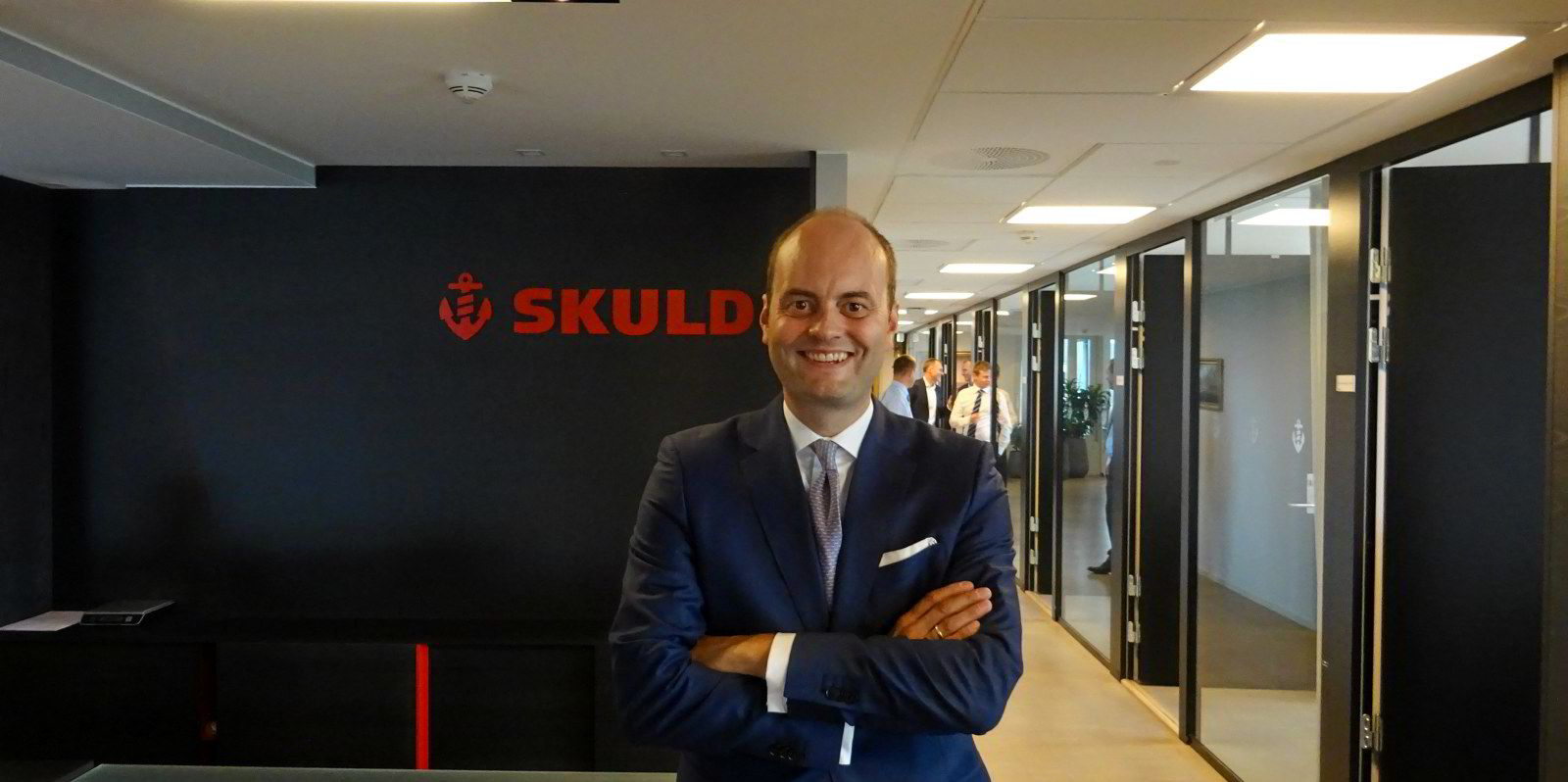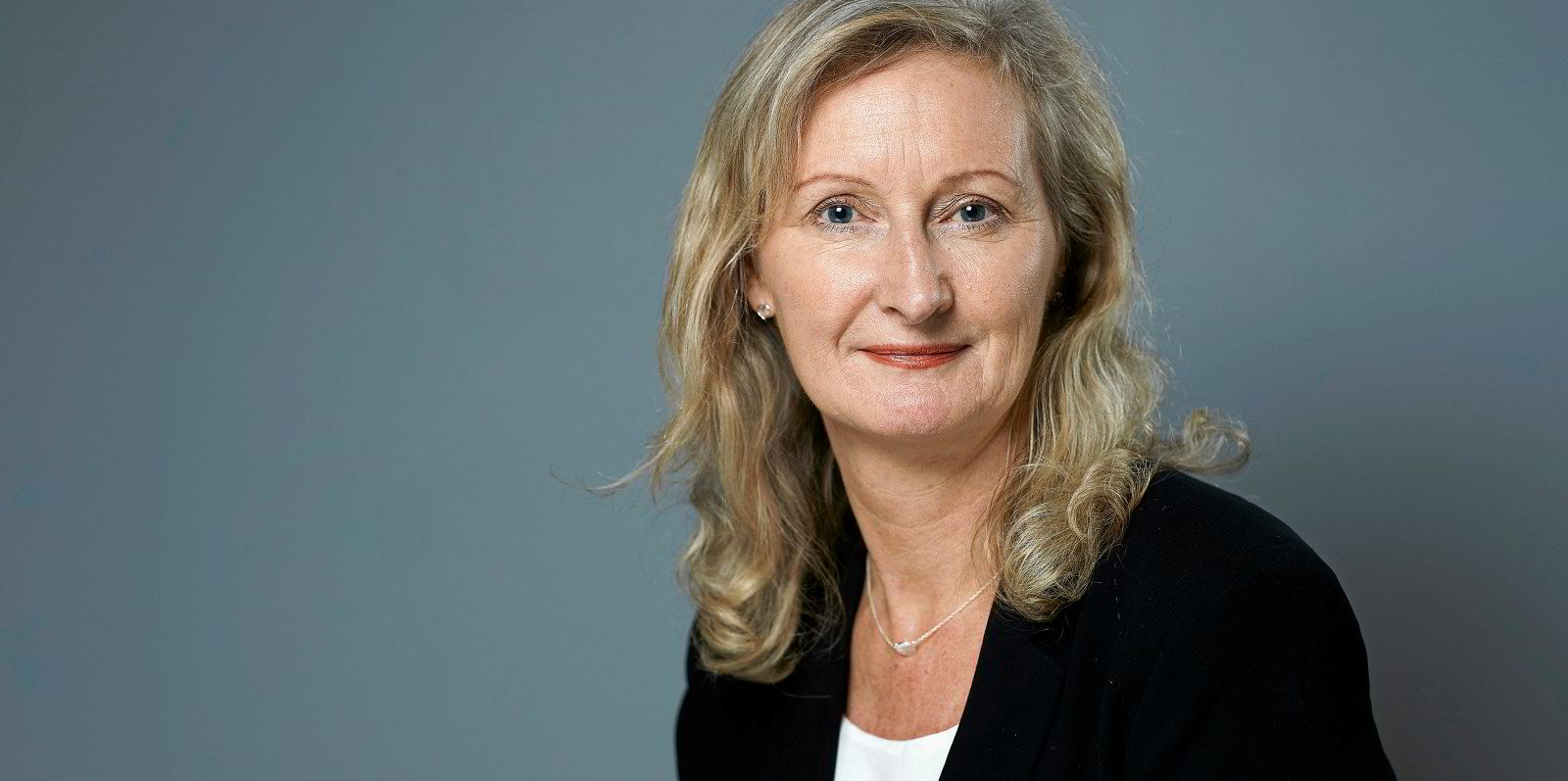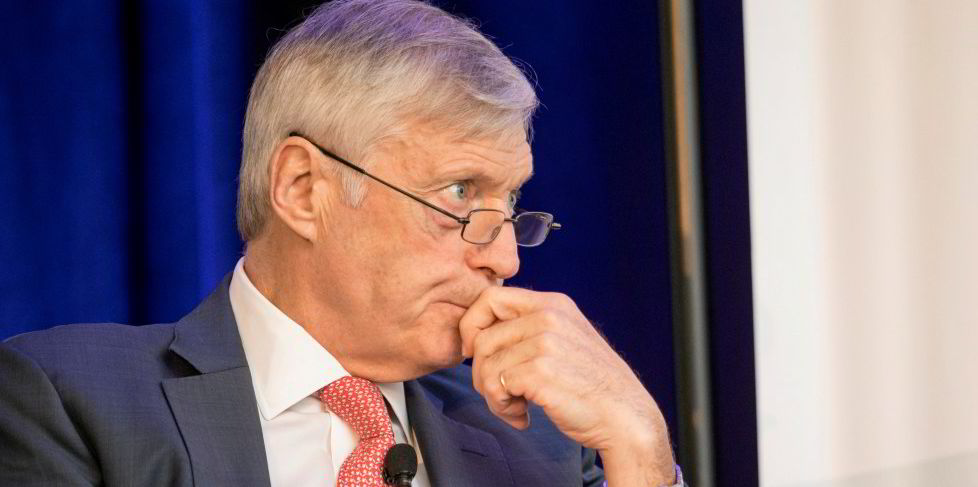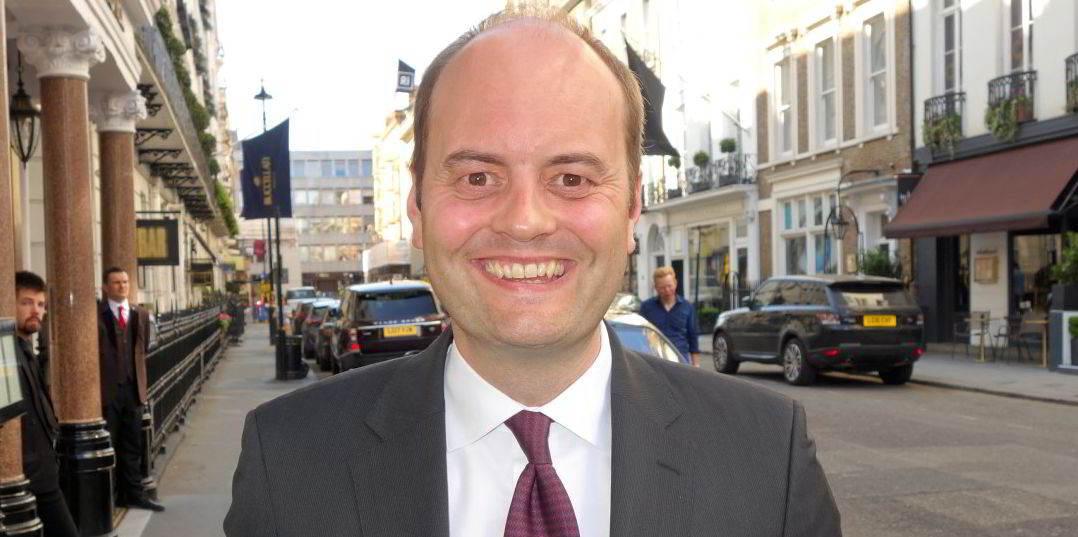Oslo-based Skuld has posted a profit for the second successive policy year despite losses in its protection and indemnity business.
Skuld logged a $25m surplus for the 2020 policy year, which was the same amount it reported for its 2019 policy year.
The insurer said it had a combined ratio — which reflects the balance of claims, expenses and premium — of 108%, indicating an underwriting loss.
However, it made up for that with a 9.8% investment return.
The underwriting losses are linked to its P&I mutual business, rather than its hull and machinery or other marine lines, which Skuld said were profitable.
The club said it was particularly badly hit by pooled claims under the International Group of P&I Clubs. The 13 members share claims of more than $10m.
Pool performance
“The biggest material impact in relation to the result was the performance of the pool, not only for claims occurring in 2020 but also prior year deteriorations. No pool claims were reported by Skuld during 2020,” Skuld said.
The club said it had also been hit by an increased number of crew and passenger-related P&I claims due to the pandemic.
Skuld’s contingency reserves stand at $459m compared with $466m at the end of the 2019 policy year. The fall in free reserves is down to contingencies it has made related to discussions with the Norwegian tax authorities. Skuld also had a successful P&I renewal with its book surpassing 100m gt for the first time after it took on new members.
Chief executive Stale Hansen said the insurer is in a “robust financial position” with its capital reserves still well ahead of the statutory requirement. But he said he wanted to adjust rates based on individual P&I member's claims records to improve premium income.
“Mutual premium levels are still unsustainable, and do not currently yield a positive technical result. We will continue our strategic avoidance of imposing a general increase, but will retain our individual approach and seek selective, performance-based increases to bring our mutual business back into balance," Hansen said.







